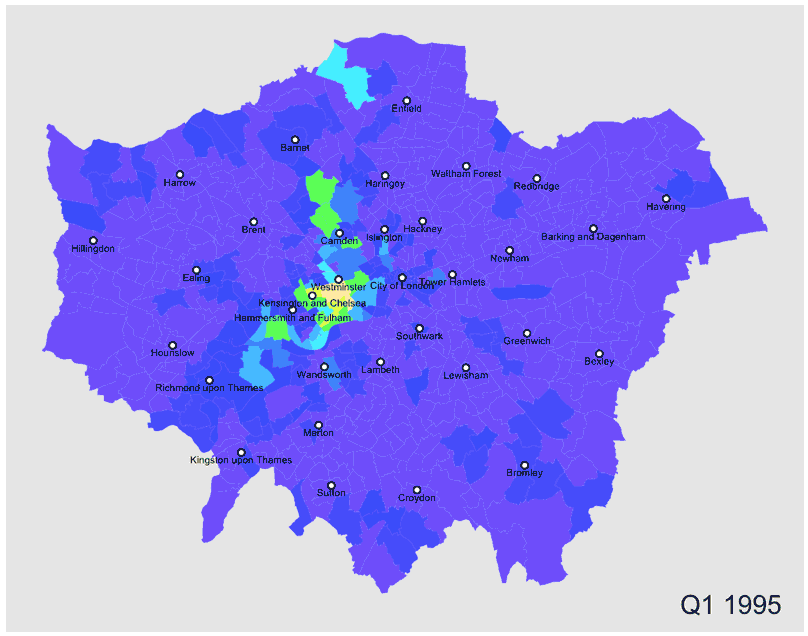
Editor’s note: This post is part of a series showcasing BSE master projects. The project is a required component of all Master’s programs at the Barcelona School of Economics.
Abstract
In recent years, large platforms have raised concerns that they may engage in anti-competitive practices that affect market competition. Therefore, analyzing the competition structure inside platforms is a relevant issue that has not been treated in much empirical research.
This study analyzes how a platform’s owner could affect the degree of competition among members of one group in the platform through biasing search results using rating classifications. In this paper, we perform an application to Airbnb‘s market in Barcelona given the particularity of rating is an unavailable searching filter to guests.
We found evidence that listing’s rating classification represents an important market segmentation in the Airbnb’s market in Barcelona that could imply a possible practice of biasing search results. Moreover, we found that the intensity of competition is differentiated by the rating-related segments, which means that these segments are concentrating competition.
Conclusions
We found an inelastic demand for Airbnb’s listings in Barcelona in a market that is divided by rating classification. In particular, our empirical results show the following two points:
First, the majority of hosts face an inelastic demand. These results are consistent under the two main models we used. From the nested logit model under rating segmentation, we found that when there is a 10% increase in price of available nights, there is an expected decrease in booked nights of 4.5%. These results imply that there is room to increase the price without reducing the revenues of the hosts.
Second, even though the rating is not available as a filter in the Airbnb web page, it creates an important market segmentation. This means that the competition between two listings that belong to the same segment is different from the competition faced by two listings that belong to different rating classifications. Moreover, we found differences in intensity of competition faced by listings that belong to different segments.
Finally, these results show that the existence of segmentation suggests that Airbnb is performing a rating-based market division. Yet the rating segmentation does not show a clear pattern of competition intensity in each group.
Connect with the authors
- Paul Arenas ’21 (also @paul_are)
- Saúl Paredes ’21 (also @saul12par)
About the BSE Master’s Program in Competition and Market Regulation

 Data Science student Stefano Costantini ’15 has posted
Data Science student Stefano Costantini ’15 has posted 